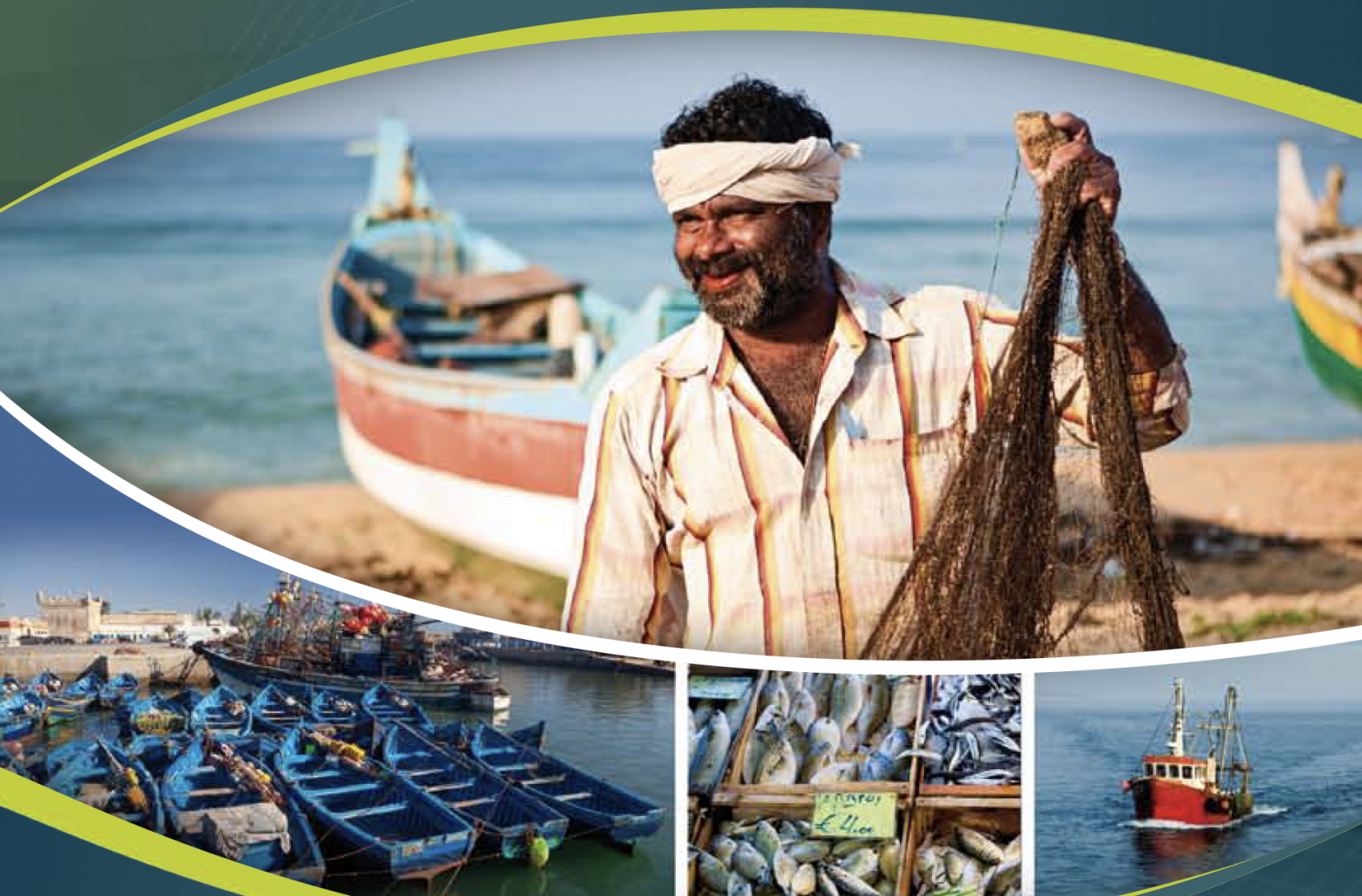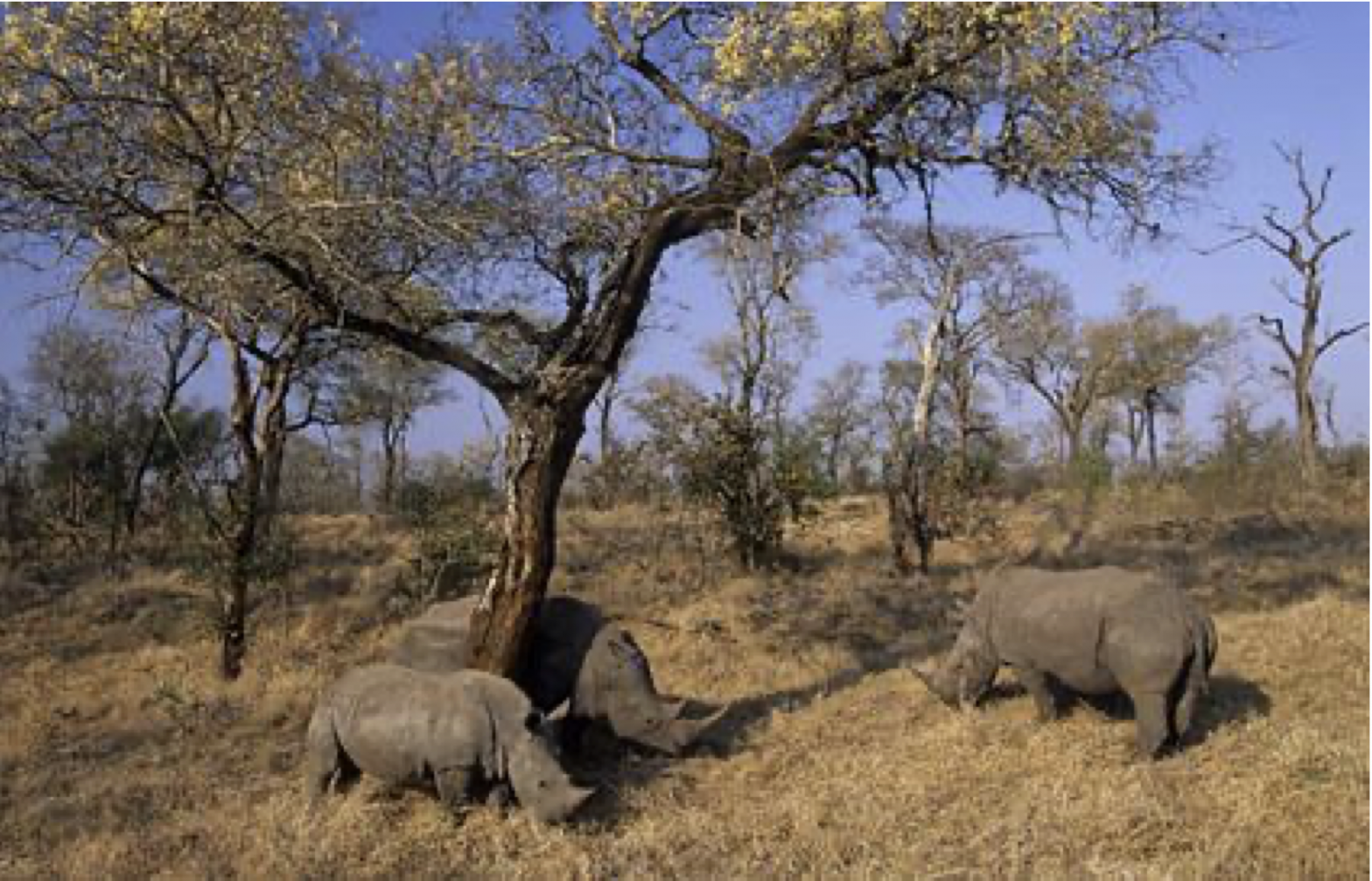Workshop on demand-side strategies for curbing illegal ivory trade 28-29 January 2015 Hangzhou, China View as PDF:
Workshop on demand-side strategies for curbing illegal ivory trade 28-29 January 2015 Hangzhou, China View as PDF:
Author Nils E. Stolpe, FishNet USA There are people who don’t like fishing. There are people who don’t like anyone who isn’t a vegan. There are people who don’t like progress. There are people who don’t like efficiency. There are people who don’t like to thoroughly research issues. There are people who don’t like technology.… Continue reading Their careers and their futures depend on attacking fishermen and fishing. What more can we expect from them?
By Michael Eustace (Investment analyst) eustacem@global.co.za. “It is morally wrong to sell horn if it does not work.” The Chinese are the main consumers and they believe, or some believe, that it works. Western medicine is sceptical and has said so. There are thousands of different remedies that are sold all over the world that… Continue reading How robust are the arguments against a legal trade in rhino horn?
Bangkok, 11 March 2013 IWMC World Conservation Trust, the world’s leading independent advocate for the sustainable use of wildlife, warned today that the decision by the Convention on International Trade in Endangered Species (CITES) to list a range of shark species in its Appendices will not produce the intended conservation outcomes. CITES voted today to… Continue reading Media release: CITES Shark Listings will have Minimal Conservation Impact

Introduction A perennial issue facing mankind is how to best utilize the world’s natural resources. With aquatic foods providing essential nutrition for three billion people, and half of the animal protein and minerals for an estimated 400 million people, it is clearly vital that we succeed in conserving marine species at reasonable levels. At the… Continue reading MANAGING FISHERIES AND THE ROLE OF CITES

Introduction From his workshop in China, the ivory master focuses on the intricacies of his art. He painstakingly transforms the piece of ivory in his hands into a Buddha or balls carved one inside another, taking months to complete his task. He uses carving skills that have been passed down through generations over thousands of… Continue reading IVORY CARVINGS AND ELEPHANT CONSERVATION
Originally published on Ecology and Society. ABSTRACT Human-wildlife conflicts are a global problem, and are occurring in many countries where human and wildlife requirements overlap. Conflicts are particularly common near protected areas where societal unrest is large. To ease conflict, integrated conservation and development projects (ICDPs) have been implemented. The Communal Areas Management Programme for… Continue reading CAMPFIRE and Human-Wildlife Conflicts in Local Communities Bordering Northern Gonarezhou National Park, Zimbabwe
By Michael Eustace (Investment analyst) eustacem@global.co.za. The ban on rhino horn trade imposed by Cites in 1976 has been a miserable failure. All that the ban has achieved is to push trade underground where it has thrived and made money for criminals. Tens of thousands of rhino have been killed, unnecessarily. Horn is in demand… Continue reading For Trade

By Rael Loon. Introduction Kirsten Conrad’s paper ‘Trade bans – a perfect storm for poaching’, (Tropical Conservation Science V5(3): 245-254) is indeed timely. While trade bans such as CITES have been successful in helping to stabilize populations of certain species, in the case of rhinos, such a ban is proving less effective. The paper identifies… Continue reading THE TIME TO THINK DIFFERENTLY ABOUT CITES AND TRADE IS UPON US
By Kirsten Conrad. Originally published on Tropical Conservation Science. Abstract Since CITES (Convention on International Trade in Endangered Species of Wild Fauna and Flora) ratification 40 years ago, trade bans have emerged as a principle conservation tool for endangered species. While trade bans have been successful in helping to stabilize populations of certain species, evidence… Continue reading Trade bans: a perfect storm for poaching?